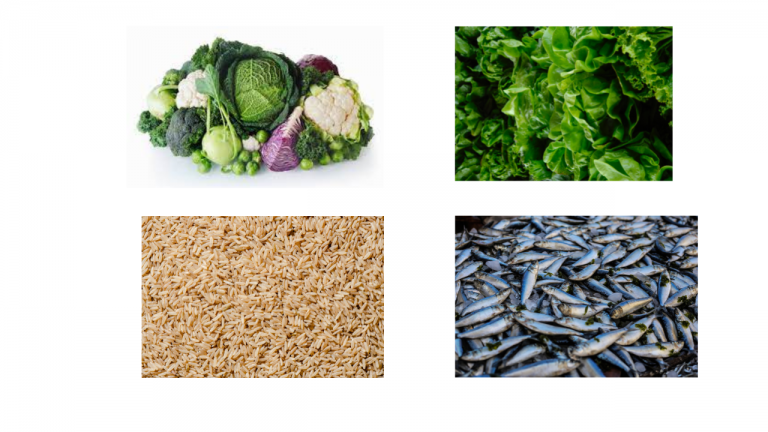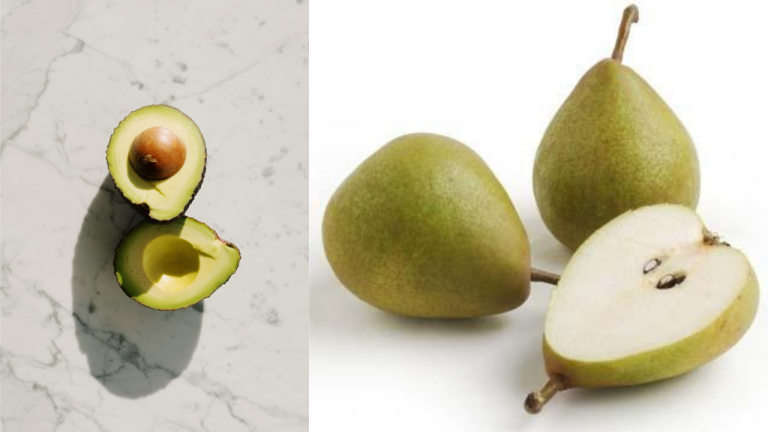What is Processed Foods?

Processed foods are foods that have undergone various deliberate changes or modifications through processing techniques. Processing involves altering the natural state of food to improve its safety, extend shelf life, enhance taste and texture, or make it more convenient to consume. The degree of processing can vary, ranging from minimal processing, such as washing or packaging, to more extensive processing that involves adding ingredients, removing components, or using mechanical and chemical processes. Examples of processed foods include:
Minimally processed foods: These are foods that have undergone minimal changes but may have been washed, peeled, sliced, or packaged. Examples include pre-cut fruits and vegetables, bagged salads, and roasted nuts.
Canned or preserved foods: These foods undergo processing techniques such as canning, which involves sealing food in airtight containers and heating them to destroy bacteria and extend shelf life. Examples include canned fruits, vegetables, and fish.
Frozen foods: Foods that are quickly frozen to preserve their quality and extend shelf life fall into this category. Examples include frozen fruits, vegetables, and pre-packaged frozen meals.
Ready-to-eat meals: These are pre-packaged meals that require little to no preparation and are often convenient for quick consumption. Examples include microwaveable meals, packaged snacks, and instant noodles.
Bakery items: Baked goods such as bread, cookies, and pastries undergo various processing techniques, including mixing, kneading, fermentation, and baking.
Processed meats: These are meats that have been modified through processes like curing, smoking, or adding preservatives. Examples include deli meats, sausages, and bacon.
It’s important to note that not all processed foods are unhealthy. Some processed foods can be part of a balanced diet when consumed in moderation. However, it’s crucial to be aware of the ingredients, nutritional content, and processing techniques used, as some processed foods can be high in added sugars, unhealthy fats, sodium, and artificial additives. Opting for minimally processed or whole foods whenever possible is generally recommended for a nutrient-rich diet.



